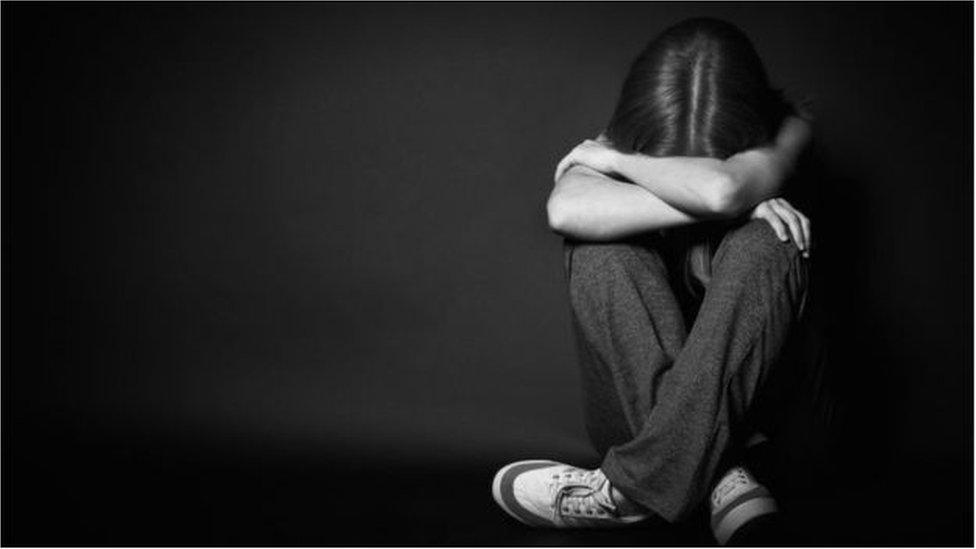Mental health: Former patient shares psychiatric unit diary
- Published
Niamh Brownlee talks about penning a hospital diary
"I am the people I was always scared of - insane and imprisoned in hospital. What if they decide I'm too mad and I never leave again?"
Five years ago, like so many people do, Niamh Brownlee was keeping a daily diary.
But hers was being written in a psychiatric hospital. Gripped by depression and bulimia, she was admitted in the spring of 2017 aged 24.
Niamh was consumed by dark thoughts she believed she could never share with anyone, not least because she feared infecting others with the darkness.
Afraid and confused, she detailed her agony, frustration and inner turmoil on the page. Now, having been down a long road to recovery, Niamh has published that diary.
It covers the 31 days she spent as an inpatient and, according to Northern Ireland's mental health champion Prof Siobhan O'Neill, it can offer health care providers a crucial insight into the experiences of patients.
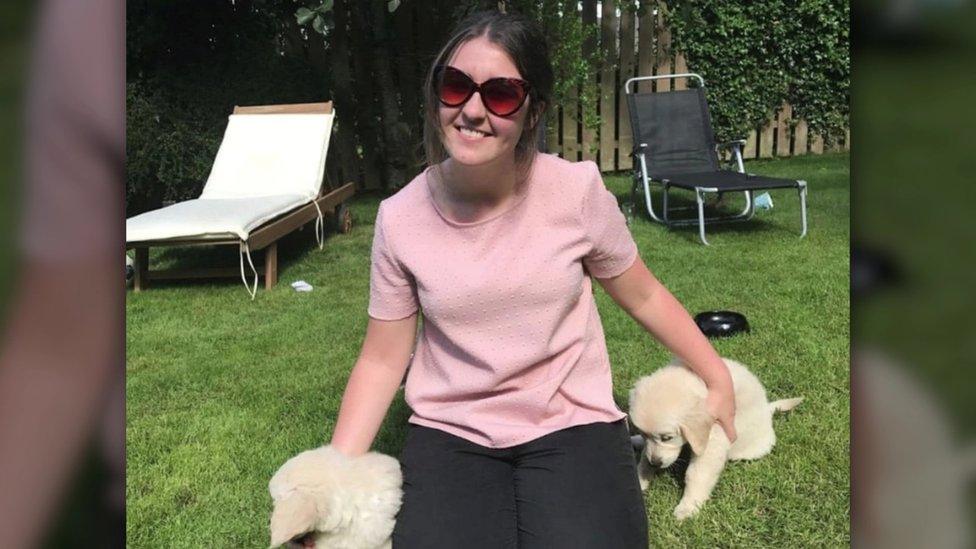
"I remember thinking, 'how have I gotten here?'"
"The diary became a way for me to offload everything that was in my head and to try to understand how I had ended up in hospital," she told BBC News NI.
"Looking in, there was no reason this had happened to me. I had a family and friends and a job and a social life. I remember thinking: 'How have I gotten here?'
"The diary gave me the space to try to work that out."
'Nothing to be ashamed of'
In the diary, Struggling to Breathe, she describes the daily routine of the hospital and interactions with other patients and staff, all at a time when she was at her most unwell.
On her second day in hospital, Niamh wrote: "I'm afraid that if I speak or open up, the screaming and crying and thrashing in my head will make its way out of my mouth and everyone will hear and be disgusted and horrified."
And later: "My biggest fear is that if I open my mouth it could spread to my friends and family and take them over too."
Niamh said she now realises that part of why she became so unwell was because she kept her feelings a secret for so long.
"The shame I felt for having depression was enough to completely overwhelm me.
"Through all the work I've done to recover, I've realised there was nothing to be ashamed of. I have nothing to feel guilty about for becoming unwell."
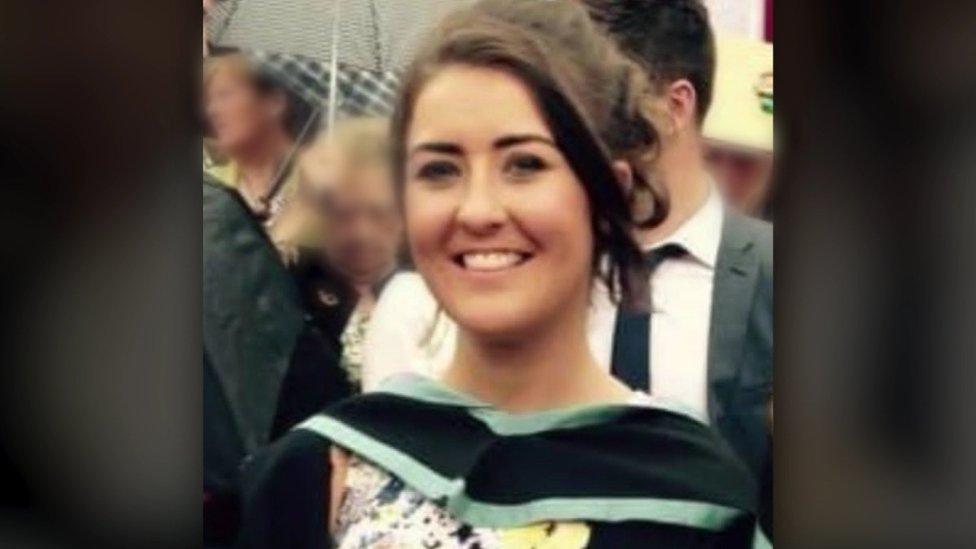
After years of therapy, Niamh said she is now in a great place
She added that it was routine for her "to wake up every morning and think I don't want to be here anymore, I hate myself, I don't offer anything".
"I can hear now that that's shocking, but for me it had become my every day. I don't think I could have been more unwell."
Now, after years of therapy with mental health charities and voluntary organisations, she said she is in a great place.
Once she was discharged and back at home she put the diary away in a box.
"I suppose I felt I didn't need it anymore. It was only during [the pandemic] lockdown that I found it again.
"When I read it, I was just so shocked. I needed to sit with it for a while.
"I thought: 'When I was ill I would have really loved to have read something like that.' To hear someone else's experience and hear about what helped them and how they were able to recover."
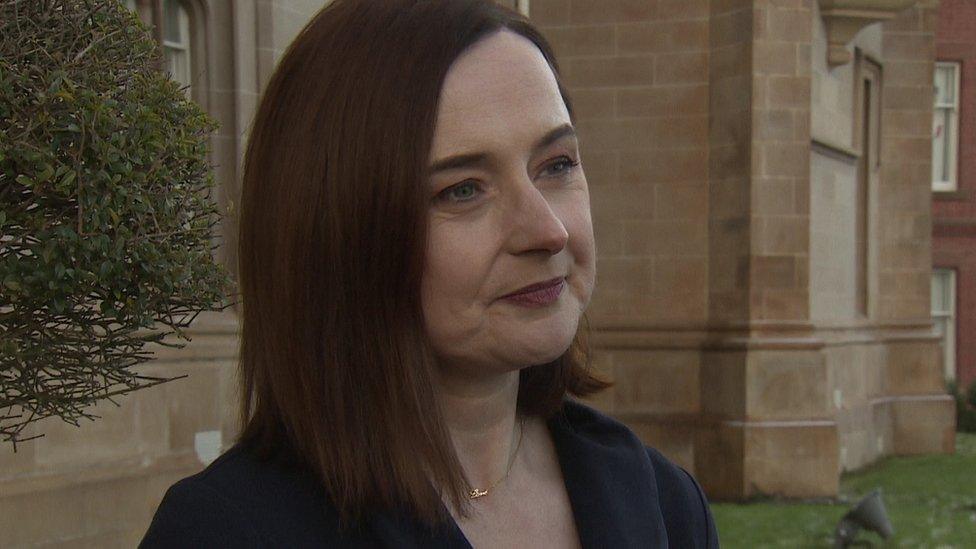
Prof O'Neill said Niamh's story needed to be told
Prof O'Neill said it was courageous to publish the diary, describing it as "a really impressive and detailed testament".
"I think it's really important we know about the experience of service users and patients in our hospitals because we have so much to learn from that," she added.
Prof O'Neill said the diary is also now a book that will give people hope: "It's a story about getting through difficult times.
"Not everyone recovers but many people get to a point where they can live really good lives and that's a story that needs to be told."
If you, or someone you know, have been affected by any of the issues in this article you can find information about organisations that can help on the BBC Action Line website.
Related topics
- Published7 February 2022
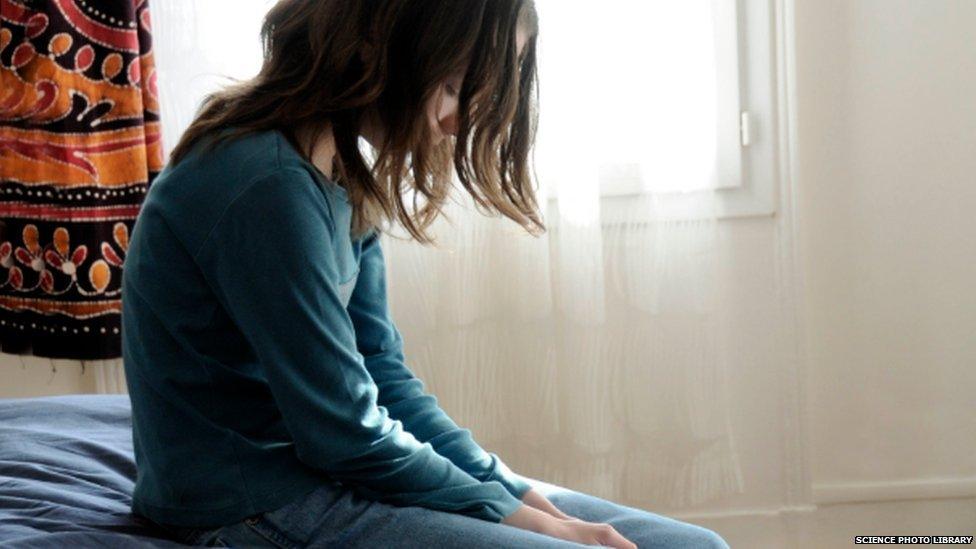
- Published25 November 2021
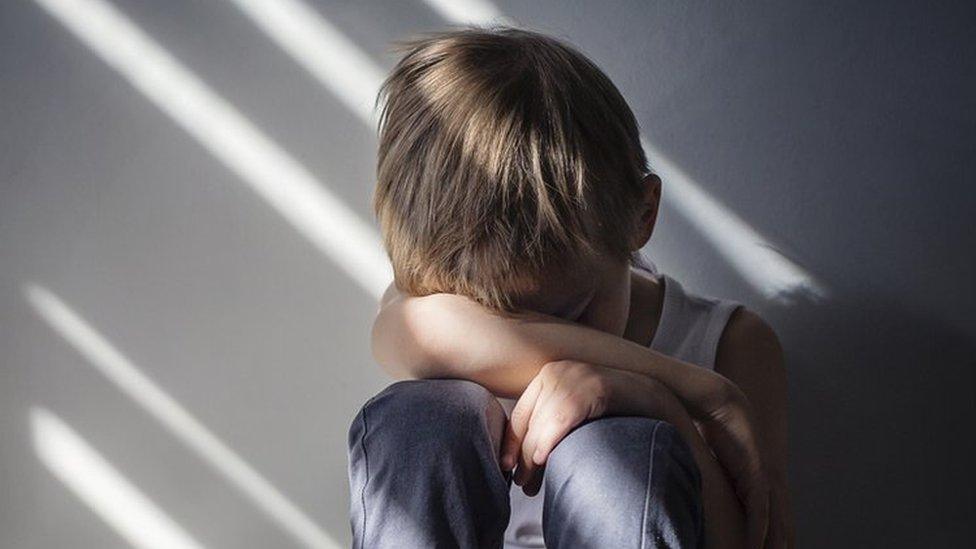
- Published19 October 2020
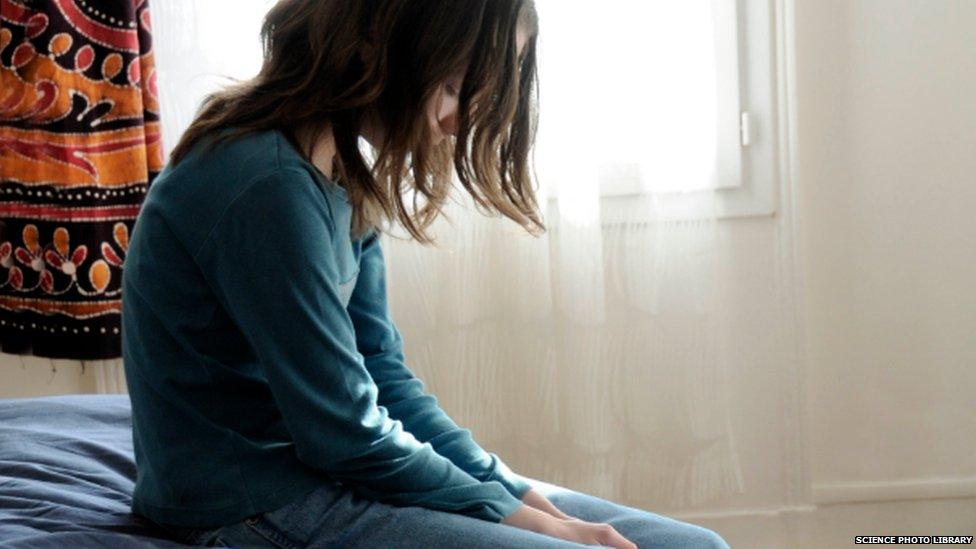
- Published29 October 2018
